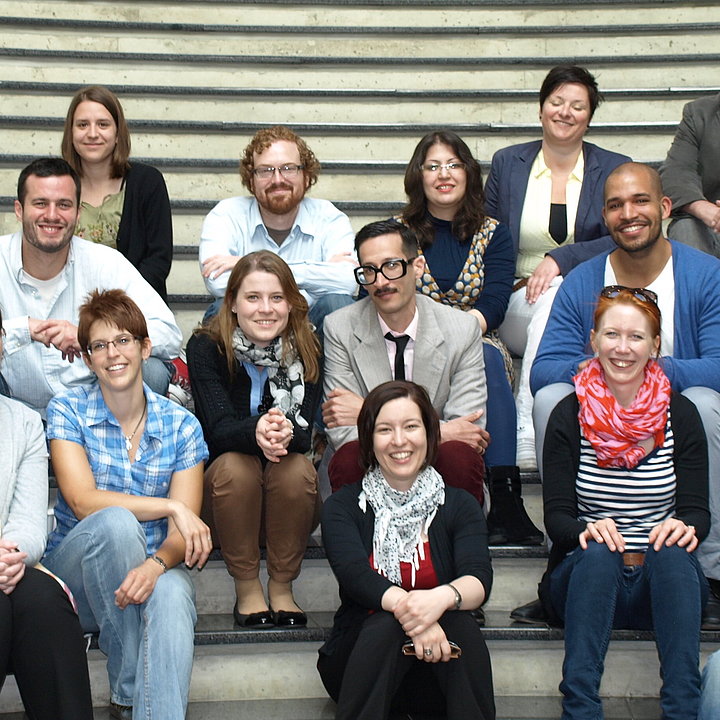"Democratic Cultures, Past and Present: Perspectives from Washington, DC"
4th International Summer Academy of the Bavarian American Academy
May 4 – 13, 2012 in Washington, DC
Ever since the publication of Alexis de Tocqueville's De la Democratie en Amerique (1835/40) scholars on both sides of the Atlantic have addressed American democracy as both a specific manifestation of U.S.-American historical and political developments and as a model for others.
In this context, the program of our summer academy addressed both historical and current debates about American democracy and democratic cultures in various discourses across the academic disciplines.
The plural used in the title of our event refers not only to semantic changes in a diachronic perspective, but also to the synchronic pluralism of perspectives on democracy in national, subnational, and transnational contexts. Fields of interest include the role of the media and various forms of "representation" and ideological critique.
Finally, we discussed the contemporary rhetoric of crisis of democracy in the U.S. against the background of domestic and foreign political and social developments. Along those lines our summer academy seeked to address related issues in American history, politics, (popular) culture, and literature.
Program
The program of the academy was structured into three parts:
- work-in-progress presentations by the doctoral participants
- keynote lectures on crucial issues of American democracy and democratic cultures, featuring
- Prof. Donald Pease (Dartmouth College)
- Prof. Max Paul Friedman (American University)
- Prof. Maria Höhn (Vassar College)
- Prof. Heike Paul (FAU Erlangen-Nuremberg)
- Prof. Werner Sollors (Harvard University)
- Prof. Barrett Watten (Wayne State University, Detroit)
- supporting program
- On the schedule were: an event at the National Endowment for the Humanities with Dr. Christine Kalke; an introduction to sources and research facilities at the Library of Congress with Dr. Carolyn Brown (John W. Kluge Center); and receptions, guided city tours, visits to museums and places of special interest in Washington D.C.
Ten participants were selected based on the strength of their applications. The tuition fee was €150. Acceptance to the summer academy included a full academic and cultural program, accommodation, and travel grant.
The Summer Academy was organized by the Bavarian American Academy in cooperation with:
Friedrich-Alexander-University Erlangen-Nuremberg, (Prof. Dr. Heike Paul)
German Historical Institute, Washington, DC (Dr. Britta Waldschmidt-Nelson)
American University, Washington, DC (Prof. Katharina Vester)
Photos: ©Bavarian American Academy


